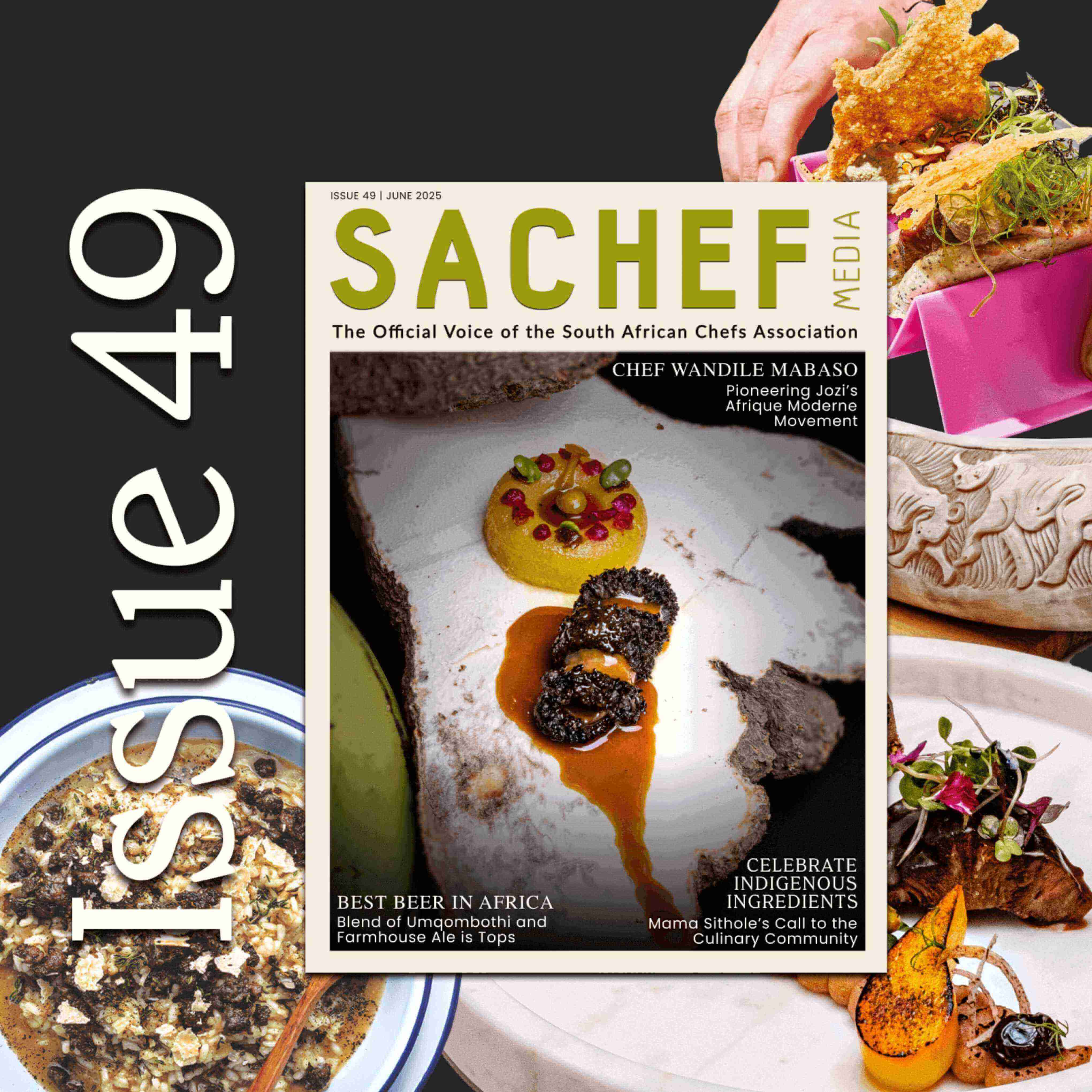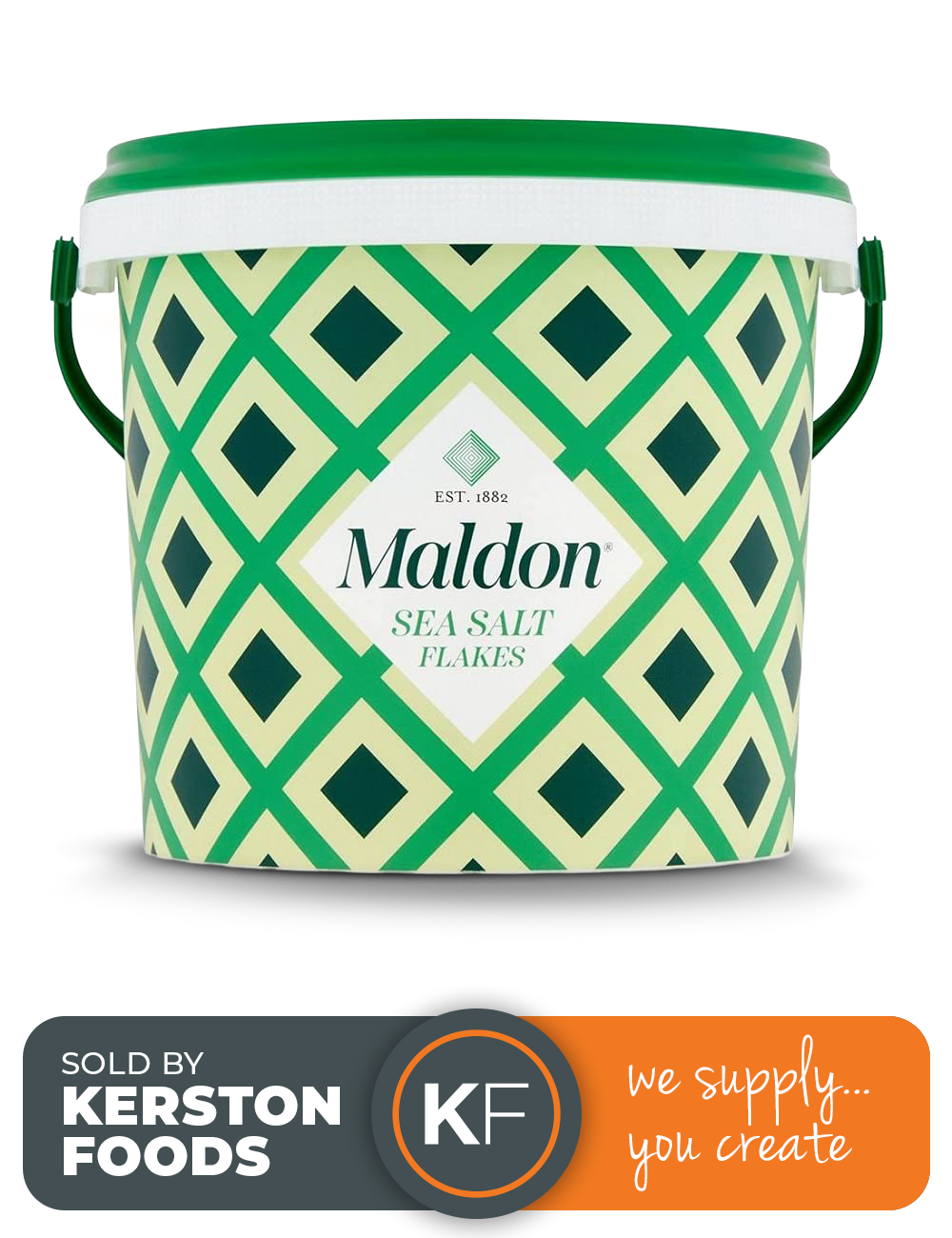Three top chefs committed suicide in the short space of six months.
Salman Khan, Academic Head of HTA School of Culinary Art, looks at reasons for the dramatic increase in such incidents and the way forward. Part 2 of 3.
There has been an upsurge in stress-related chef deaths, suicides and violent incidents in kitchens. As such, it is imperative to diagnose and find solutions to the root cause of chef stress, says Salman Khan, Academic Head at HTA. He adds that if steps are not taken to find practical ways to deal with this problem, there will ultimately be a gradual decline in attracting young chefs to the industry in the near future. In the second part of this series, we will explore the prognosis and diagnosis for these issues in more depth.
Quick Catch Up:
For those who missed the last article on chef wellness, the Research and Analysis Department of the HTA School of Culinary Art has undertaken to do a study on the rise in deaths and violence amongst chefs, headed up by Khan and commissioned by HTA Founder and MD Chef Stephen Billingham. Shift work, low pay, high pressure, and negative kitchen culture have also resulted in mental illness and addictions.
“It definitely tells us something is not right out there that is causing so much stress in the life of a chef,” Khan explains, “It is a textbook example of the physical and mental burnout phase, which first lead to psychological symptoms like moodiness, lack of appetite, anxiety, depression, and finally lead to physical meltdown like hypertension, cardiovascular failure and diabetes.”
There are three stages in the building of the stress cycle:
- Alarm, where the body reacts with a fight or flight response;
- Resistance, where the body, as the word suggests, resists and compensates; and
- Exhaustion, which sets in after chronic exposure to the stressor.
Study Breakdown:
A total of 523 working chefs were surveyed for the HTA study. They were asked to complete an occupational environmental stress questionnaire, the General Health Questionnaire.
“Differences were sought between hierarchy and locus of control and stress measures, and correlations were carried out between key variables,”
Eighteen questions covering age, location, gender, shifts, work stress, medical ailments, medication, smoking, and wellness activities were asked in a variety of settings: Face-to-face interviews, desktop research, telephonic surveys, email shots, focus groups and social media. The results show a picture where stressors are environmental, organisational and personal.
Environmental Stressors:
This describes the physical working conditions for chefs and kitchen staff.
“I have noticed and seen that sometimes the ergonomics of the kitchen becomes compromised. In some cases, kitchen space is the last to be allocated and gets marginalised over revenue stream areas. If the kitchen is not professionally built with a smooth workflow, especially with large hotels with huge conference and banqueting facilities, then chefs are the ones who get into the perpetual stress due to the lack of space or structural faults in design and layout.”
Examples of this are when kitchens are situated underground with no fresh air and proper ventilation which can lead to physical burn out and other health-related ailments. Other factors include political and economic uncertainty, internal workplace politics, the ever-rising cost of living, regular exposure to negativity, etc.
Organisational Stressors:
This, says Khan, covers a wide variety of issues including the more obvious like conflict in the workplace and work overload, to job stability, an onerous boss, and money problems.
“When employees are stressed for any combination of reasons, the effects can be insidious. This can result in acting angry and having a short temper, dealing with others in a curt, inhospitable manner, absence from the job, presenteeism (being present, but not fully productive), transformation from a friendly team player to an introvert, mocking the organisation’s strategies and vision, physical symptoms ranging from itchy skin to chest pain, fatigue, abdominal cramping, ringing of the ears, emotional problems like depression, anxiety, compulsive behaviours, and substance abuse.”
Other, less obvious reasons for these types of stressors include heightened competition, lack of time or space, and even digitisation of a business. Social media too has played a significant role in adding stress to the life of a chef, Khan adds.
“The master chef phenomenon in recent decades has changed the dynamic of consumer behaviour and no longer is the chef the only knowledgeable person on food. Nowadays, even a 12-years ardent viewer of the Master Chef classic series will be able to be a food critic – let alone egocentric clients. Patrons of restaurants and eateries are much more educated and informed than those of the 80s.”
In Part 3 we will explore how chefs can maintain their wellness in such challenging environments, and what the experts suggest if you find yourself in difficult situations that incite you to violence against yourself and others.
For further information, contact Salman Khan on qc@htatrain.co.za.









